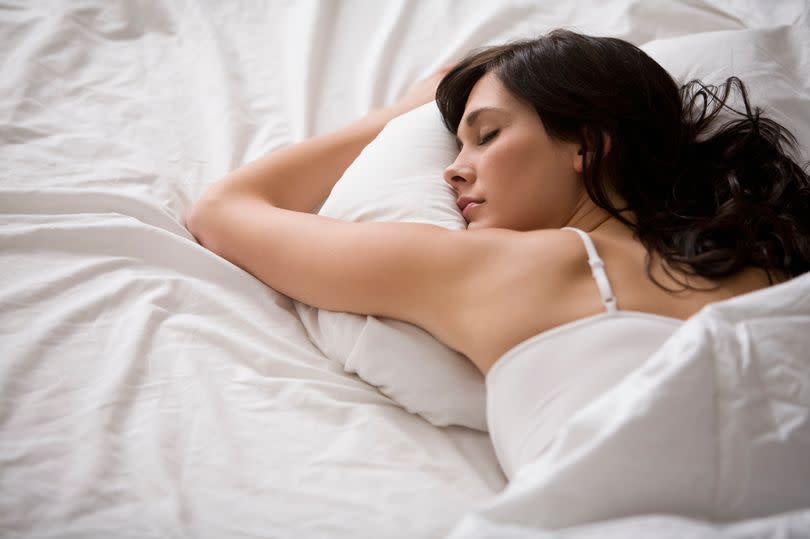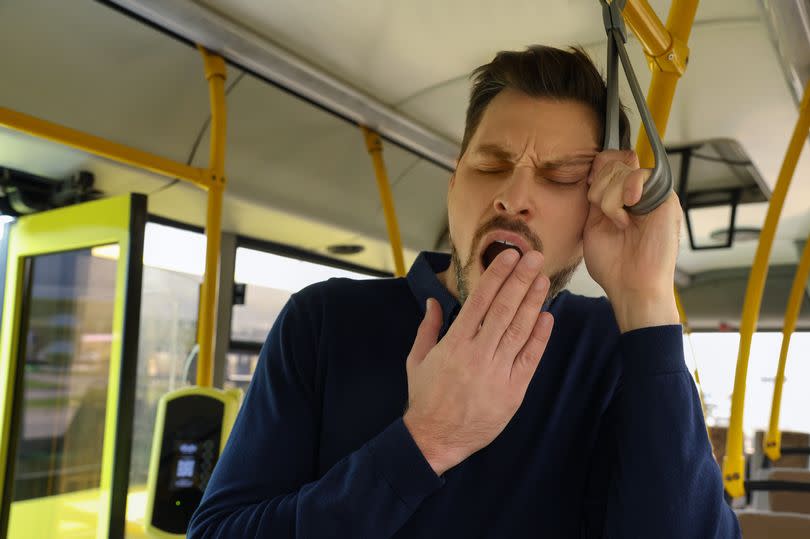NHS explains exactly how many hours of sleep you need to feel well rested

Sleep is a crucial part of our daily routine, aiding in the body's recovery and rejuvenation for the day ahead. The amount of sleep required varies throughout our lives, but the NHS has provided guidelines on how much sleep we should be aiming for.
Young children, who are still growing and developing, require an early bedtime to ensure adequate rest. Adults, on the other hand, can afford to cut down a few hours without significant impact.
However, striking a balance between the amount of sleep and daily functionality is essential. Occasional sleepless nights are normal but if you frequently find yourself hitting a wall with tiredness during the day, it could indicate that you're not getting enough sleep.
The NHS suggests that a healthy adult typically needs around 7 to 9 hours of sleep. However, factors such as age, health, and personal circumstances can influence the amount of sleep required, and some people naturally need more sleep than others, reports the Mirror.
Teenagers, children, and babies require more sleep as they are still growing, but this too varies. A newborn, for example, should sleep anywhere between 8 to 16 hours.
Age group | Age range | Recommended hours of sleep |
Infant | 4-12 months | 12-16 hours (including naps) |
Toddler | 1-2 years | 11-14 hours (including naps) |
Preschool | 3-5 years | 10-13 hours (including naps) |
School-age | 6-12 years | 9-12 hours |
Teen | 13-18 years | 8-10 hours |
Adult | 18 years and older | 7 hours or more |
In general terms, most adults should aim for at least seven hours of sleep a night. However, sleep experts acknowledge that sleep requirements are unique to each individual and not an exact science.
There are a number of factors that determine how much sleep and recovery your body needs, such as activity level and overall health. Someone that doesn't exert as much energy won't need as much sleep as someone who is very physically active, even if they are the exact same age.
If you feel that seven hours just isn't going to cut it, try eight or nine. Forcing yourself out of bed isn't nice at the best of times, but doing it often enough because of getting too little sleep can affect your body's systems and restorative functions.

Health and mental health conditions can contribute to sleep deprivation. This can include depression, anxiety, obstructive sleep apnoea and chronic pain.
Long-term sleep deprivation can take a more severe toll on your health leading to issues like reduced immunity, which can make it harder for your body to fight off infections. You could also face conditions like high cortisol.
This can contribute to high blood pressure and other health concerns, and having an increased appetite and cravings for sugar and carbs leading to weight gain.

 Yahoo News
Yahoo News 
